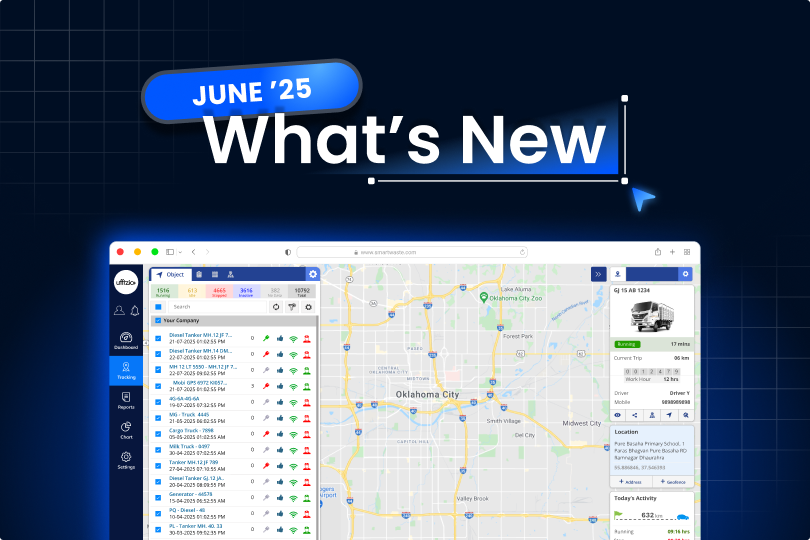No matter the type of fleet, whether trucks, waste collection vehicles, or personal vehicles, having the right tools ensures smooth operations. Our GPS tracking system and telematics software deliver real-time insights, enhanced control, and smart features. With features like fuel monitoring, video telematics, and driver behavior tracking, manage your fleet on an overall basis. It’s built to scale, so their business can keep growing.







